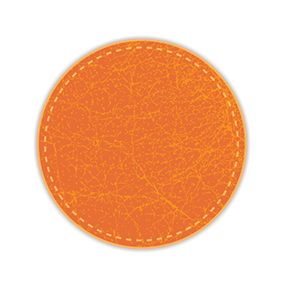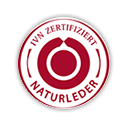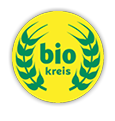


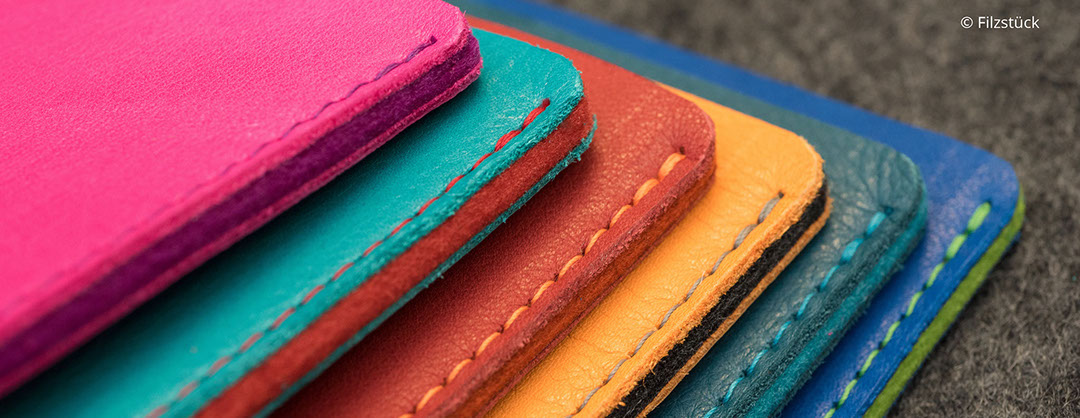
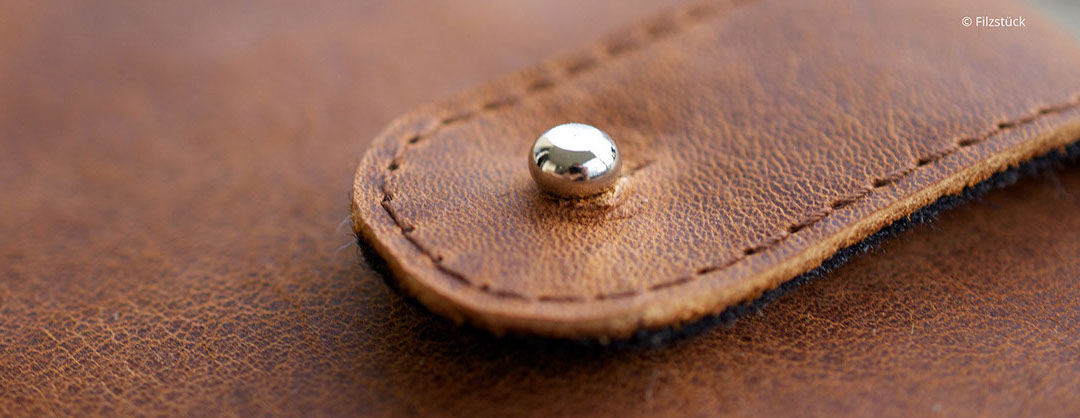
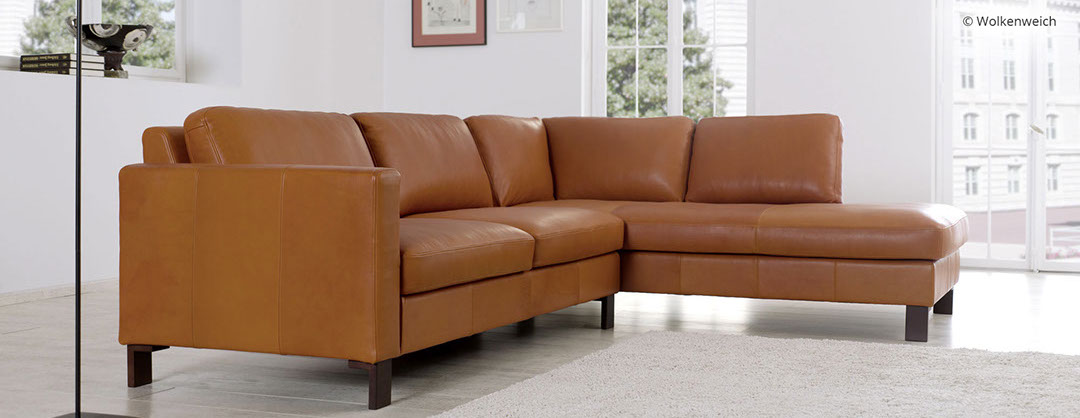
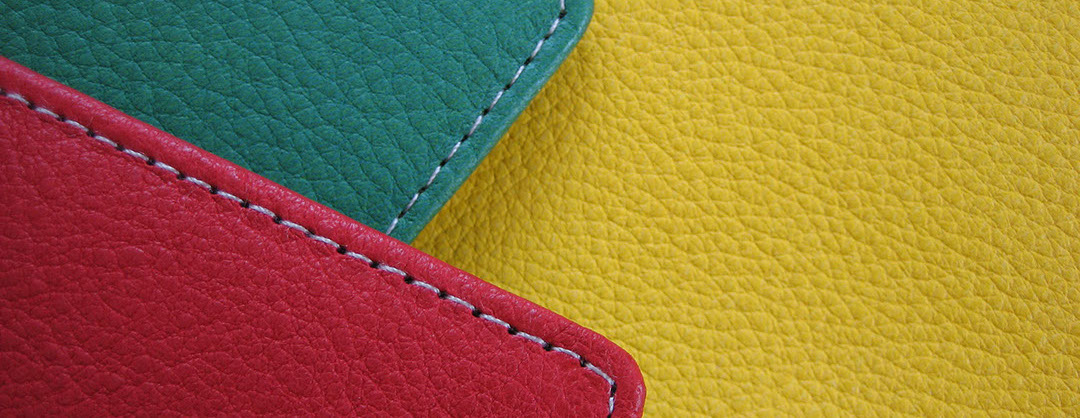
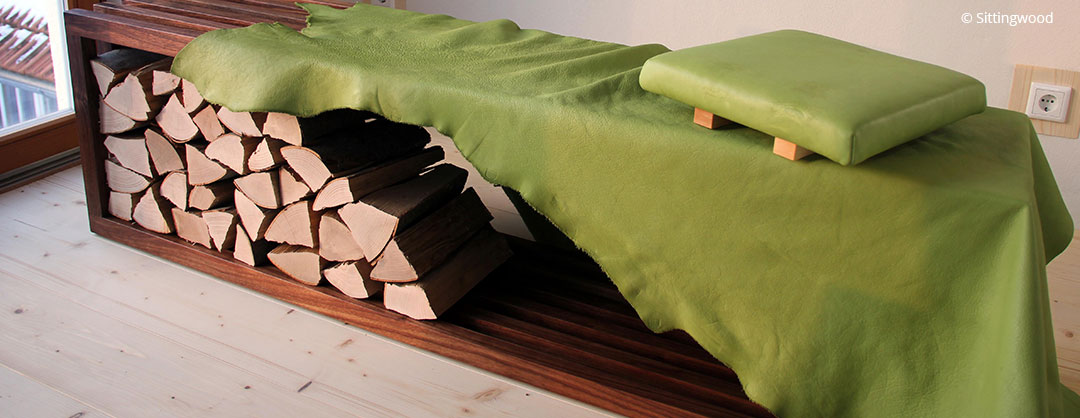
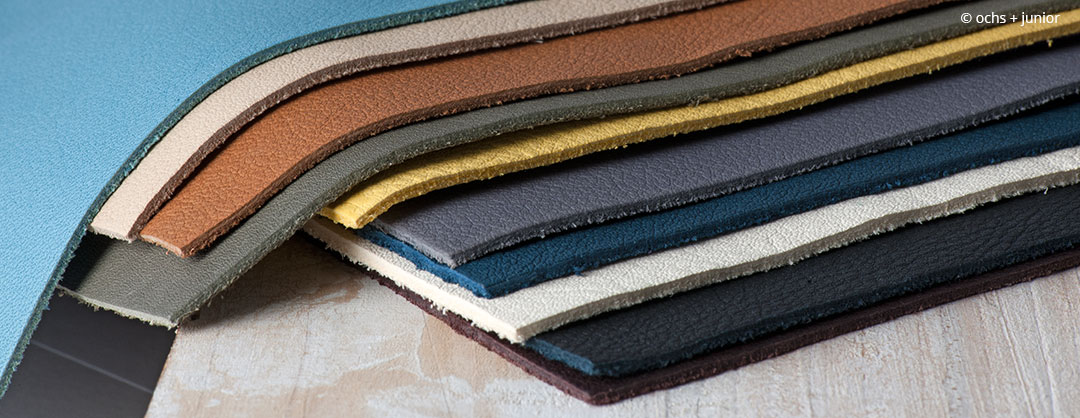

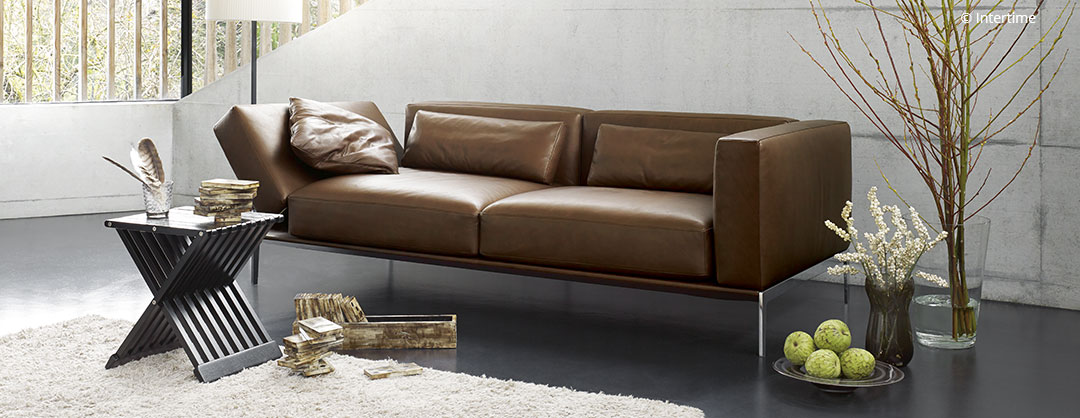
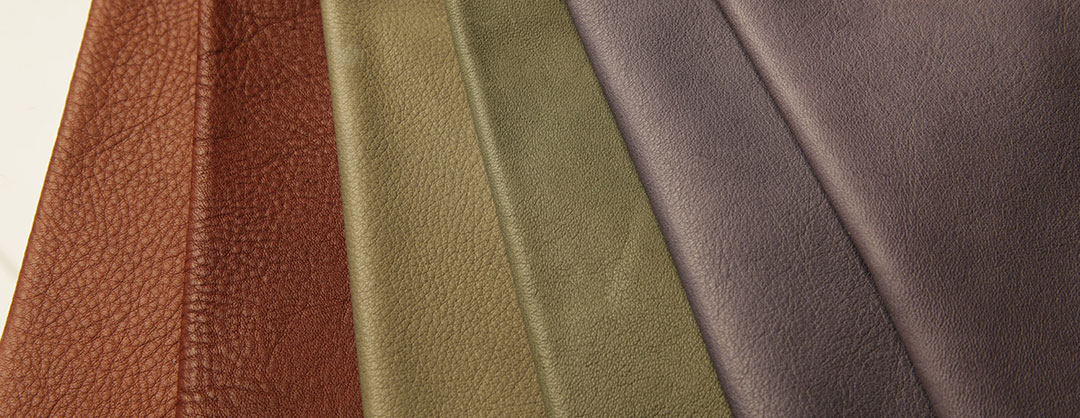
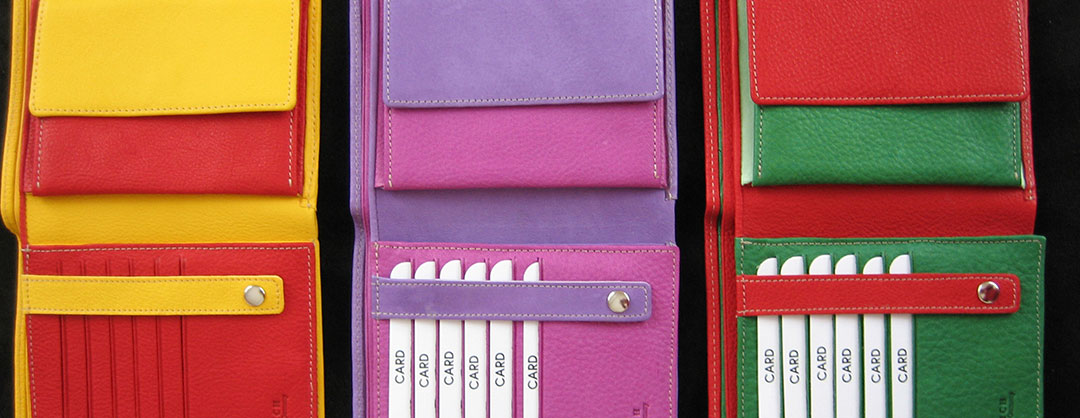
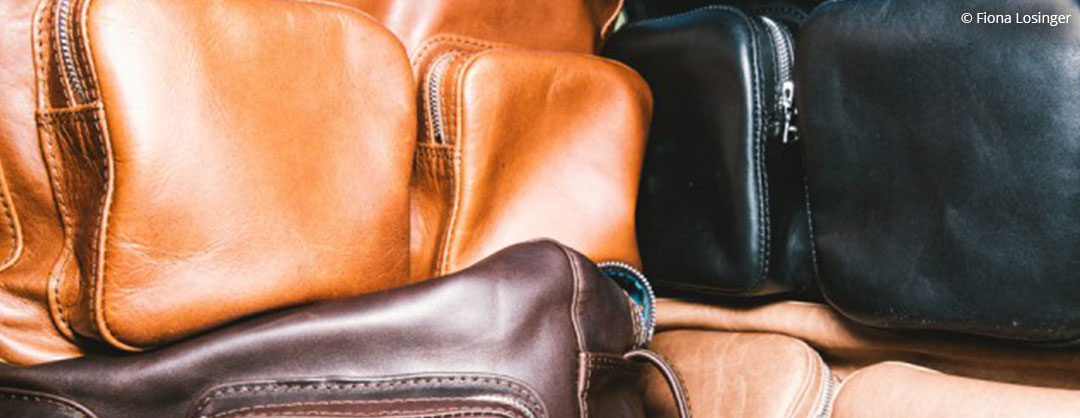
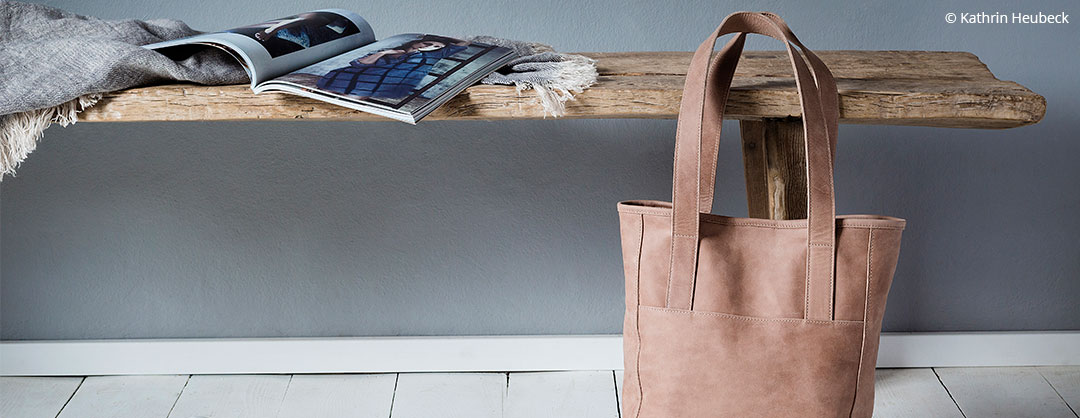



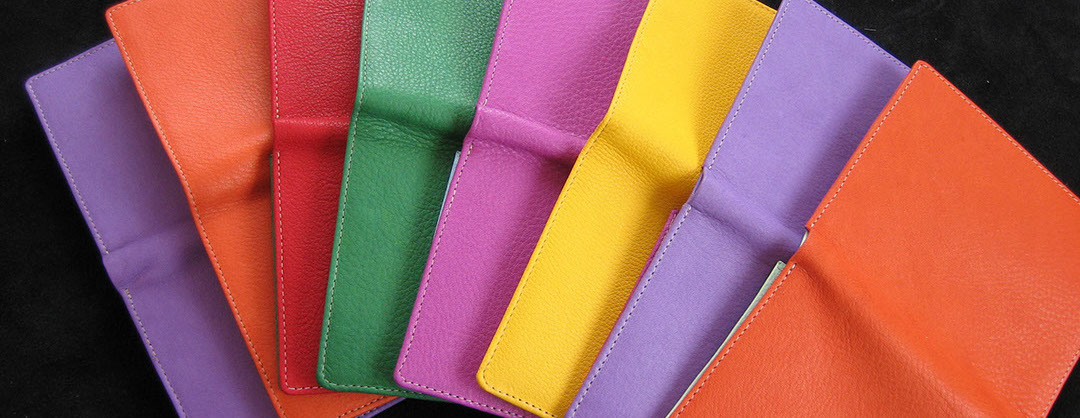

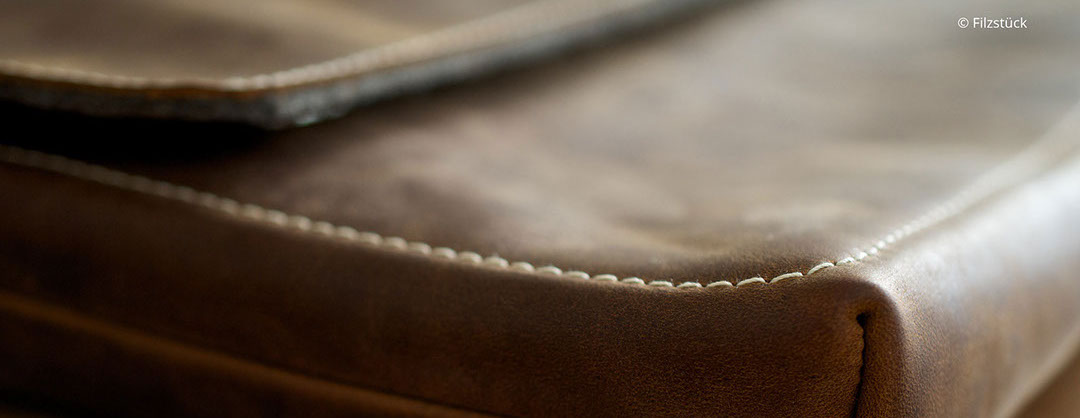
Environmental profile...
Ecopell GmbH was founded in 1982 as Schomisch GmbH. In 2007 the operational business of the Schomisch GmbH was changed to Ecopell GmbH and continued to operate as a leather marketer of naturally tanned leather – wholly owned and operated by the founding Schomisch family. In 2000, the enterprise moved from Essen-Kettwig to Weitnau-Seltmans, Bavaria, Germany where the administration and distribution takes place to the present day.
The manufacturing of leather occurs in select commercial tanneries. Ecopell primarily cooperates with a tannery in South Germany but also employs another facility in the European Union. The tanneries manufacture the various Ecopell leather types only adhering to Ecopell’sstrict guidelines.
Our partners work according to European environmental standards in terms of water conservation, emission protection and waste management and are committed to continuously lowering their environmental impact.
Our commercial tannery is certified according to ISO 9001.
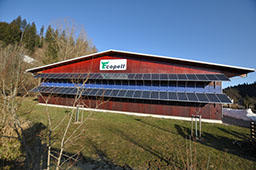

Environmental effects
Production
Mentions
Environmental effects
The raw hides for Ecopell’s leather come from Germany *. The slaughtering of the animals takes place in German slaughterhouses, the processing to leather is undertaken by a South German tannery. The policy of local emphasis reduces transport stress for the animals and the energy demand for the transport.
Furthermore it is a central condition for the salt and chemical free conservation of the raw hides and therefore for water-conserving production. Together with our tanneries we attach importance to environmentally compatible methods and ingredients in the whole manufacturing process: low sulphide liming, GMO-free enzymes, heavy-metal free colors.
Only vegetable tannins are used which are largely gained from harvestable parts of plants and in compliance with rules on protection of species. Waste products are utilized where it is possible. Materials that are considered to be environmental hazardous according to the EU laws are never employed.
* With the exception of Rodeo Plus. Here the raw material is from Northern Spain and the slaughter as well takes place in Spain.
Production
All EU and German environmental standardsare met in the production process as a matter of course and do not need to be further implemented.
For details on the pollutant concentration and key figures of the environmental influences by waste water, emissions and waste, we refer to the rules of the International Association of Natural Textile Industry after which Ecopell leather is certified since 2012. Such standards are among the highest and most stringent in the world.
Moving to the new company building in Weitnau-Seltmans in 2000 has also contributed to asound energy and environmental balance. The timber-frame construction follows ecological viewpoints. The energy supply of the company with wood pellet heating system and photo-voltaic plant is based on renewable sources and significantly saves energy.
The generation of all the required energy from residual materials occurs when deflaming the back of the skin, i.e. the remains of the skin become energetic used for self-sufficient power generation.
Mentions
In January 2012 Ecopell received as the first German company the distinction for allergy friendly leather by the European Centre for Allergy Research Foundation.
On February 15th we were certified by the IVN Standard for natural leather. All the related production steps – from stock farming to the tanning process as well as the wastewater disposal were all thoroughly evaluated.
>> Environmental profile
Ecopell GmbH

